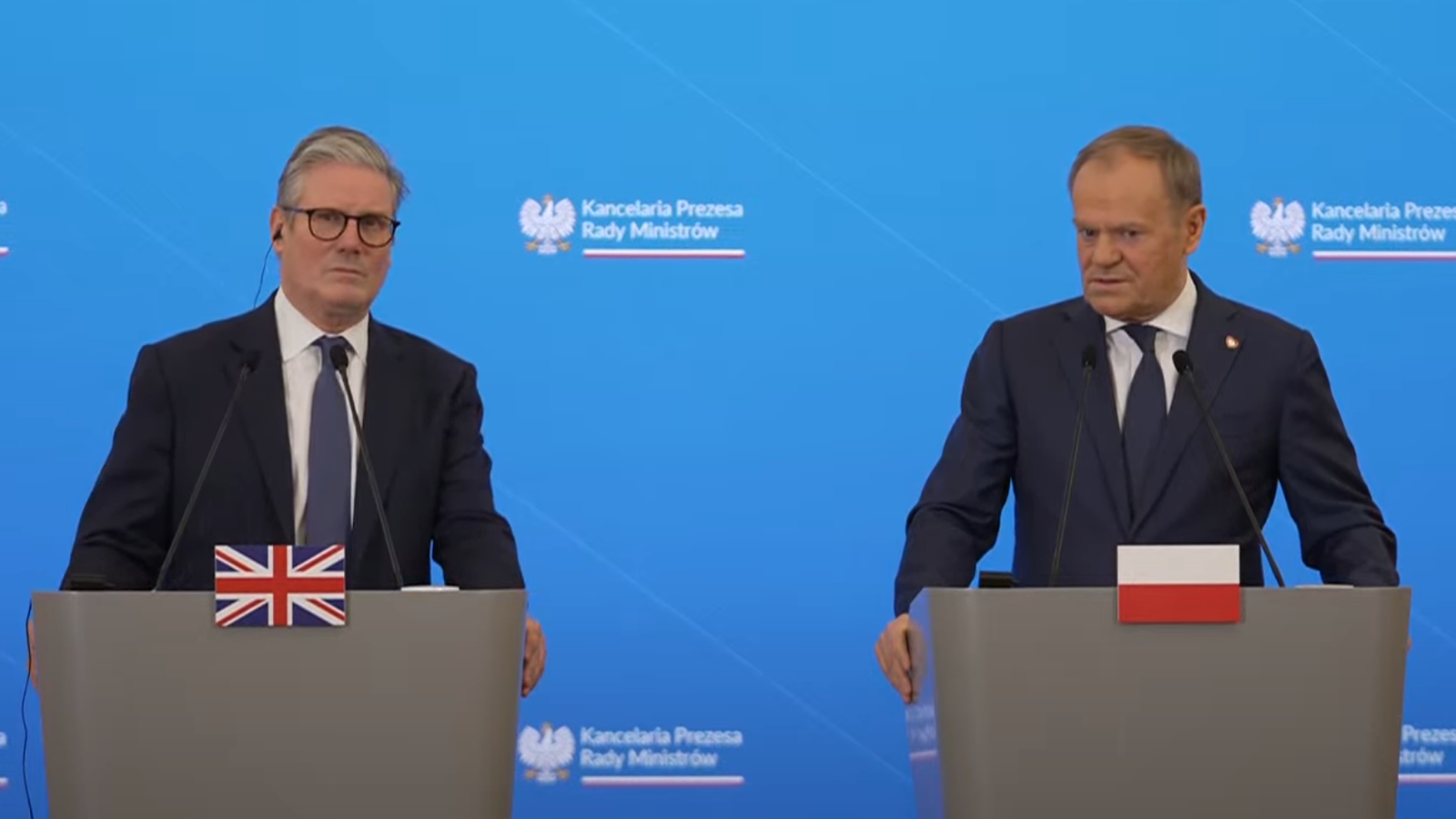Hiking employer national insurance (NI) “doesn’t look consistent” with Labour’s manifesto and could lead to job losses in the long term, the head of an influential thinktank said.
Paul Johnson, director of the Institute for Fiscal Studies (IFS), told Sky News’ Politics Hub With Sophy Ridge that employer NI ultimately “comes from the pay of the employee” and increasing it could result in “less pay rises” and “possibly fewer jobs”.
Politics latest: Downing Street won’t deny PM met Taylor Swift
Sir Keir Starmer has refused to rule out raising national insurance for employers in the upcoming autumn budget.
Some have suggested this would break a 2024 manifesto pledge which said Labour will not increase national insurance, income tax or VAT.
The prime minister claimed on Tuesday that it was clear this meant not “increasing tax on working people” – leaving the door open for the employer element of NI to go up.
But Mr Johnson said: “I think if we got a straightforward increase in the rate of employer national insurance, that certainly doesn’t look consistent with a very clear statement in the Labour manifesto: ‘We will not raise national insurance contributions’.
“It does not specify employee national insurance contributions.”
Companies pay NI at a rate of 13.8% on all employees’ earnings above £175 per week, but pension contributions made by employers are currently exempt from the levy. This is what experts suggest could be targeted.
Separately, employees and the self-employed pay NI on their earnings, which comes off their payslip.
Ministers have insisted this element will not go up when Chancellor Rachel Reeves delivers her budget later this month, in which she will lay out measures to fill a £22bn “black hole” in the nation’s finances.
👉 Tap here to follow Politics at Jack and Sam’s wherever you get your podcasts 👈
However, Mr Johnson suggested that the impact of any increase to employer NI would ultimately fall on the worker.
“The sort of economic theory tells you that’s what’s likely to happen and the empirical evidence is that that’s what does happen, that if you increase that in the longer term, it results in less in the way of pay rises,” he said.
He added: “In the end, all taxes are paid by people.
“They have to be either paid by the shareholders of the firms that are paying it or the customers or the employees.
“Most of the theory and the evidence suggests that most of the increase will be felt by employees in lower wages, probably, but possibly in the longer term, fewer jobs than there otherwise would have been. I mean, this is very, very similar in the long term to an increase in employee national insurance contributions.”










